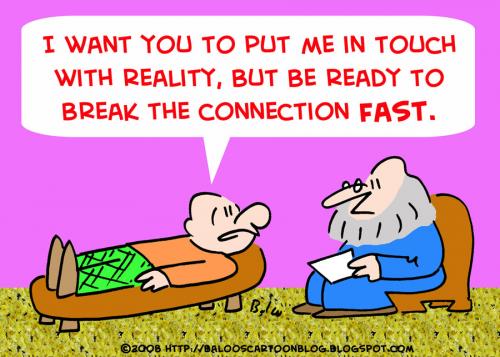“Do people suffer, do they have problems, do they experience anguish and pain, do they make choices that sabotage their own interests, do they fall victim to external circumstances, do they long for relief? Of course. But this has nothing to do with fraudulent psychiatric diagnoses. It has to do with nutritional deficits, toxic drugs, toxic food and environmental chemicals, abuse, isolation, intimidation, and a whole host of other potential factors.” – J Rappoport
 In this society, psychiatrists are the primary definers of mental states. Their efforts are accepted as official science.
In this society, psychiatrists are the primary definers of mental states. Their efforts are accepted as official science.
The Psychiatric Political State is based on myths and fairy tales about distinct and separate disorders and “good treatment.”
One of the main psychiatric mantras gaining force? “Everyone at some time in their lives will experience a mental disorder.”
But an open secret has been slowly bleeding out into public consciousness for the past ten years.
THERE ARE NO DEFINITIVE LABORATORY TESTS FOR ANY SO-CALLED MENTAL DISORDER.
And along with that:
All so-called mental disorders are concocted, named, labeled, described, and categorized by a committee of psychiatrists, from menus of human behaviors. Continue reading

 Unlike in conventional medicine where objective diagnoses and treatments are made based on observable biological evidence, psychiatrists get together every so often to decide what should or should not be considered a “mental illness.” And they do not always agree, as evidenced by the more than 13,000 professionals from around the world who recently signed an open letter demanding that the upcoming edition of the psychiatry industry’s “diagnostic manual” be put on hold and reconsidered.
Unlike in conventional medicine where objective diagnoses and treatments are made based on observable biological evidence, psychiatrists get together every so often to decide what should or should not be considered a “mental illness.” And they do not always agree, as evidenced by the more than 13,000 professionals from around the world who recently signed an open letter demanding that the upcoming edition of the psychiatry industry’s “diagnostic manual” be put on hold and reconsidered.